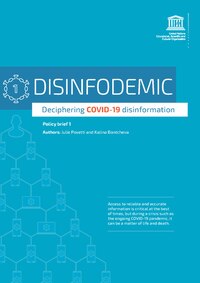
Photo from wikipedia
Introduction The risk of contracting COVID-19 through dental treatment is potentially high, thus several guidelines have been developed to minimize the spread of COVID-19 in the dental office worldwide. These… Click to show full abstract
Introduction The risk of contracting COVID-19 through dental treatment is potentially high, thus several guidelines have been developed to minimize the spread of COVID-19 in the dental office worldwide. These changes have posed some relevant questions among oral health professionals regarding the understanding and attitudes of dental patients toward COVID-19. This study aimed to assess the knowledge, attitude, and practices of dental patients in Dar es Salaam, Tanzania. Methodology This cross-sectional study was carried out in 4 public hospitals in Dar es Salaam, Tanzania involving 472 adult patients. Data were collected using a questionnaire that had a set of questions regarding knowledge, attitude, and practices (KAP) related to COVID-19. Data were analyzed using the SPSS computer software version 26. For descriptive analysis means, standard error of the mean, and proportion were used. Multivariate regression analysis was utilized for the response analysis. Alpha of less than 0.05 was considered to indicate statistical significance. Results Good levels of knowledge, attitude, and practices related to COVID-19 were found in 76.5%, 74.8%, and 58.1% of participants respectively. On performing multivariate analysis, odds of having good knowledge regarding COVID-19 were almost 2 folds higher in participants who were females, with high education levels, those without partners, and those with stable income. Females were 1.5 folds more likely to have a good attitude toward COVID-19 and odds of good practice against COVID-19 were 3 folds higher in young adults compared to the elderly. Conclusion A majority of dental patients have good knowledge and attitude related to COVID-19. Predictors of good knowledge were sex, education level, marital status, and income of the participants. Sex predicted good attitude and age predicted good practice.
Journal Title: PLOS ONE
Year Published: 2022
Link to full text (if available)
Share on Social Media: Sign Up to like & get
recommendations!